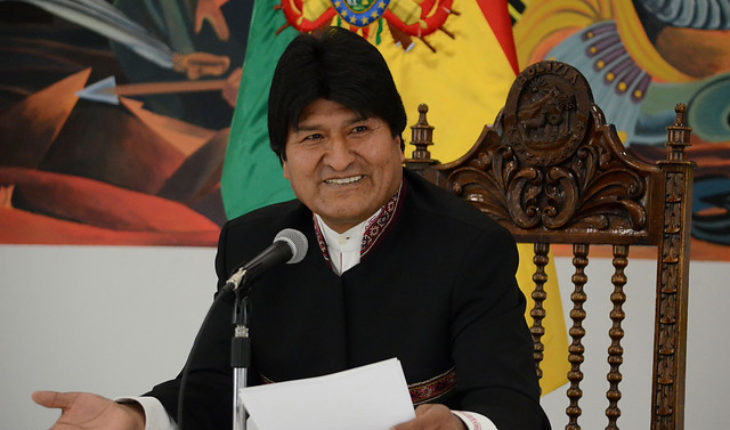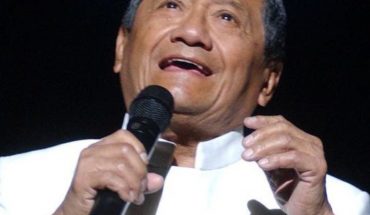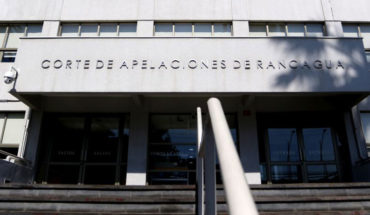The Bolivian opposition failed to reach an agreement of United (d) to confront President Evo Morales in the elections on 20 October, following a meeting this Friday (24.05.2019) of political parties and civil leaders.
The Civic Committee of the Department of Santa Cruz cited parties and aspirants to the presidency to discuss a political agenda for the elections. Bolivia will elect a president and a vice president for the period 2020-2025 and will renew the entire bicameral Congress.
The main request is that candidates who do not exceed 10% in the voting intention polls waive the electoral race. However, the meeting could not discuss this unit and the participants only reiterated that they will continue to defend the outcome of a 2016 referendum that rejected a new nomination of Morales.
Former president and chief opposition candidate, Carlos Mesa, second in the polls behind Morales, said: “I have no authority to ask you anything (the other applicants), how am I going to ask the candidates to quit or join me? It would be selfishness and a superb position. ”
But he also said he is convinced that “he is the only one who can beat President Morales.” For their part, the candidates Óscar Ortiz and Félix Patzi rejected in advance the idea of renouncing in favor of the opponent with more options to defeat Morales.
The opposition denounces Morales ‘ candidacy
Morales ‘ candidacy is considered illegal by the opposition for breaking the constitutional boundary of two consecutive terms and the result of a referendum that in 2016 rejected re-election. However, it was endorsed by the country’s electoral body in 2018 on the basis of a Constitutional court ruling of 2017.
Recently, former Bolivian President Jorge Quiroga (2001-2002) traveled to Colombia to ask the country’s ruler, Ivan Duque, to raise an advisory opinion to the Inter-American Court of Human Rights on re-election in Bolivia.
Quiroga explained that he went to the Colombian government after having made unsuccessfully similar arrangements before the same Morales, the Secretary general of the Organization of American States (OAS), Luis Almagro, and the Inter-American Commission on Human Rights ( IACHR).
The opponent recalled that Brazil and Colombia were “guarantors and mediators” of the pact that in 2008 gave way free to the approval of the new Bolivian Constitution that came into force the following year and that limits to two continuous presidential mandates.
Morales and Almagro
In fact, the OAS secretary General unleashed a controversy when he stated on a visit to Bolivia last week that “it would be absolutely discriminatory” that Morales could not be present at the polls.
During an event in the southern region of Chuquisaca, the ruler argued that the Bolivian opposition has failed to request the “intervention” of the United States and the Organization of American States (OAS) to curb its candidacy. “They try to use the government of Brazil, they fail. Now go to the government of Colombia, what a shame, as Chitacos (servile) Behind the empire, “he said. The president added that Bolivians have to resolve among themselves the internal problems that arise “and not be asking for foreign intervention.”
New opposition lawsuit
Meanwhile, representatives of civic committees, opposition political parties and civic entities questioned the “lack of credibility, independence, transparency and impartiality” of the electoral body, according to a statement issued at the conclusion of the Join Santa Cruz.
Faced with this, they demanded that the vowels of the Supreme Electoral Tribunal (TSE) give up until next May 31, “otherwise the mobilizations and pressures will begin at the national level,” the note notes.
The pronouncement is signed by Civic represents of La Paz, Cochabamba and Santa Cruz, of the National Committee of Defense for Democracy and of political organizations like Bolivia says No, national unity, the revolutionary Nationalist Movement and the party Christian Democrat, among others.
translated from Spanish: Bolivia: Opposition fails to drive agreement against Morales for elections
May 25, 2019 |





